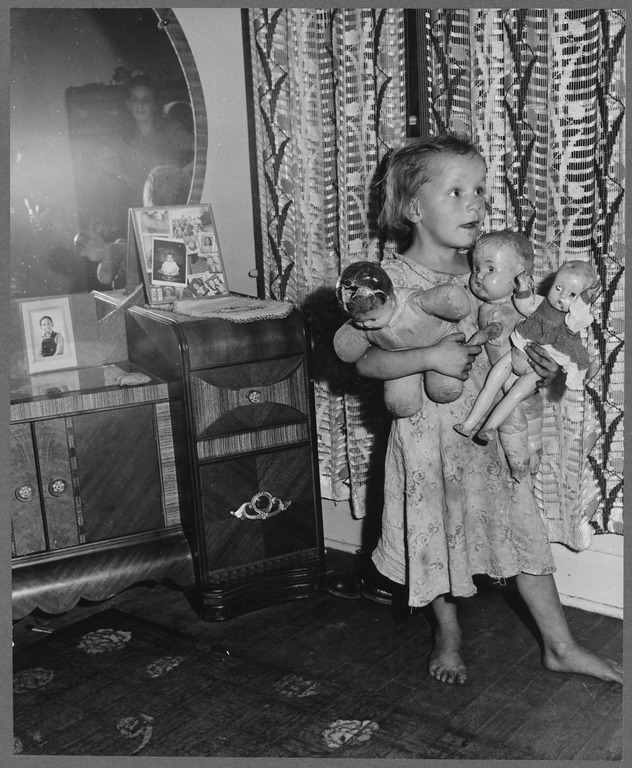 When I was a little girl, my mother would play George Jones and Tammy Wynette on the 8-track player. The only radio stations in Charleston, West Virginia, played country music, or so it seemed. My older sisters were fine with this arrangement. I was not. I hated the crying-in-your-moonshine misery of it all, the endless stream of women leaving their men, of men not coming home, of jobs that broke you and then left you. One evening when Jones was crooning between the heavy thumps of the 8-track, I sat beneath the kitchen table and began crooning my own country song, about my job leaving, my woman leaving, my damned dog leaving. My sister laughed at first, but when I wouldn’t stop she warned me that one day, when I was older, I would like country music. I stopped singing and sat under the table, contemplating the grim future. My sister went off to another room and after some time I tracked her down, begging her to be more specific—when exactly would this terrible thing happen? She wouldn’t say.
When I was a little girl, my mother would play George Jones and Tammy Wynette on the 8-track player. The only radio stations in Charleston, West Virginia, played country music, or so it seemed. My older sisters were fine with this arrangement. I was not. I hated the crying-in-your-moonshine misery of it all, the endless stream of women leaving their men, of men not coming home, of jobs that broke you and then left you. One evening when Jones was crooning between the heavy thumps of the 8-track, I sat beneath the kitchen table and began crooning my own country song, about my job leaving, my woman leaving, my damned dog leaving. My sister laughed at first, but when I wouldn’t stop she warned me that one day, when I was older, I would like country music. I stopped singing and sat under the table, contemplating the grim future. My sister went off to another room and after some time I tracked her down, begging her to be more specific—when exactly would this terrible thing happen? She wouldn’t say.
♦♦♦
There have been country songs since then that I have enjoyed. I’ve monitored them anxiously like symptoms of something fatal, or at least disfiguring, but they’ve been few and far between. I live in Wisconsin now. I drive a mini van. I have an English degree. What I’m trying to say is, I have enough problems. A couple of weeks ago my wife and I went to a concert at the Stoughton Opera House. The Opera House has been lovingly restored to a glory that startles me every time I see it. It seems more like a cathedral than a concert hall, an oversized grotto where what is worshipped is sound and tradition. The act has to be spectacular to distract from the beauty of the walls and the hardness of the old wooden seats. My expectations were low. I would have happily sat with a numb butt just gazing at the gilded, giddy fleurs de lis while not doing laundry or listening to knock-knock jokes. But the Sweetback Sisters came out and started singing “I’m Gonna Cry.” It’s a bouncy, funny song about pleading for mercy from a boss, a landlord, and repo men, all met with the same refrain—“I’m gonna cry, cry, cry, lay right down and die, ball my little hands up, rub my eyes.” All of the good things about country music hit home at once—the humor, the honesty about life being more than a romantic endeavor, failed or otherwise, but being that too. And it had been there all along. By the end of concert, when they played a couple of moonshine songs from West Virginia, I knew that my sister’s prediction had finally come true. And now, if you’ll excuse me, I’m gonna lay right down and cry.
Rita Mae Reese, author of The Alphabet Conspiracy, is a recipient of numerous awards, including a Rona Jaffe Foundation Writers’ Award, a Stegner fellowship, and a “Discovery”/The Nation award. Visit her at www.ritamaereese.com.
NER Digital is New England Review’s online project dedicated to original creative writing for the web. “Confluences” presents writers’ encounters with works of art such as books, plays, poems, films, paintings, sculptures, or buildings.
